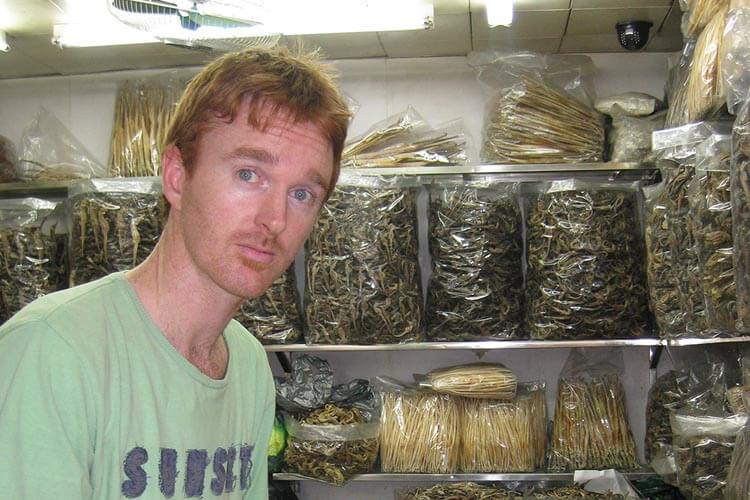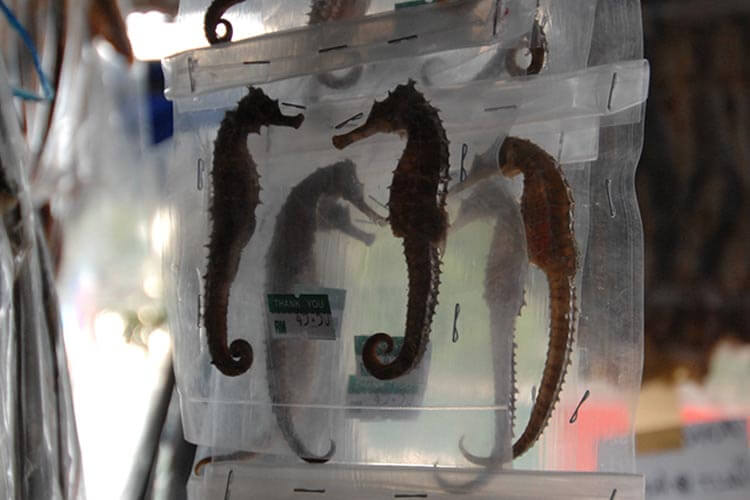
The award-nominated documentary, Seahorse Man, which sparked the launch of the global Save Our Seahorses campaign, is now available to view on Netflix in the UK and Europe.
Written by Niall Murphy, directed by Gillian Marsh and narrated by the late John Hurt, Seahorse Man follows Irish marine biologist Kealan Doyle as he gains unique access to the Asian traditional medicine trade, a major threat to global seahorse populations.
The film also explores Kealan’s pioneering ‘conservation through cultivation’ approach, which involves captive breeding projects in areas where seahorses are actively fished, in an attempt to alleviate pressures on wild populations.
More must-see TV:

As the documentary comes to Netflix for the first time, Doyle and his team are emphasising that the threats facing seahorses are more urgent than ever.
‘Seahorses are one of the most majestic and intriguing animals found on Earth,’ he said, ‘but they face existential threats from the traditional medicine and curio trades and from fishing practices which accidentally sweep them up.’
This high demand for the trade in seahorses has left many species on the endangered list, with seahorse fisheries reporting a minimum decline of 50 per cent over the last five years. It is now estimated that some seahorse populations will become extinct in the next 20-30 years.

As a result, Doylan and the team at Save Our Seahorses – the international campaign launched in the wake of the film’s success – have marked the Netflix release of the documentary with a renewed call for awareness and action.
‘The first and most important step in saving the seahorse is creating awareness of their devastating plight and of how each of us has a role to play in preventing their extinction,’ said Doyle. ‘We know what the solutions are: the use of alternatives in traditional medicine, an end to the fishing of pregnant seahorse males, the protection and restoration of seahorse habitats around the world, and ‘conservation through cultivation’ – the replacement of wild capture with captive breeding.
‘My hope is that the release of this film on Netflix reaches new audiences and inspires a new generation around the world to make these things happen,’ added Doyle. The extinction of the seahorse must not be the legacy which we leave the planet.’


